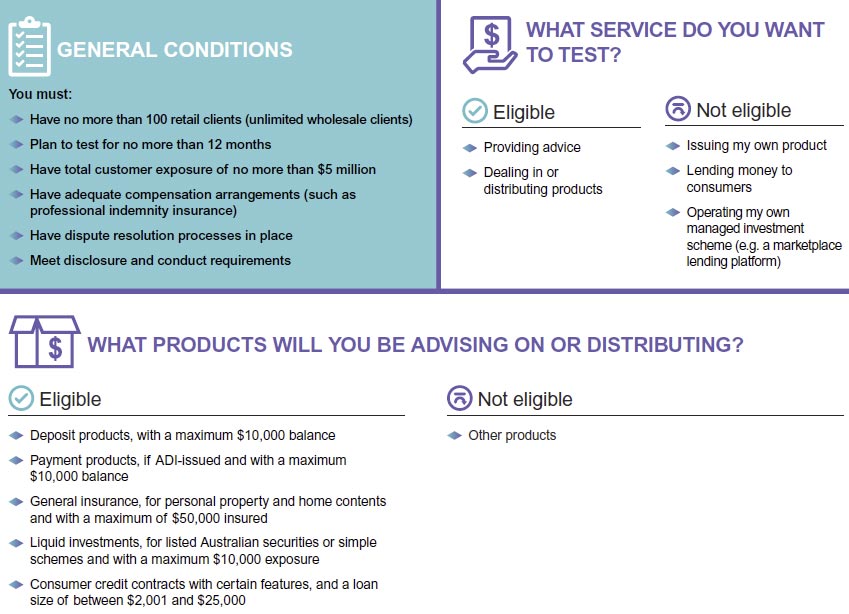Fintech marketplace operator Cashwerkz has merged with Trustees Australia to create a platform that aims to disrupt the fixed interest investment sector.
According to the companies, the merger helps bring together Trustees Australia’s funds under management with Cashwerkz’s distribution platform to serve retail customers, the financial planning industry, superannuation funds, councils and other entities that are looking to invest large cash balances.
It is hoped the merged companies will allow Australian fixed income investors “to find the best term deposit and fixed income solutions to match their investment criteria and to simultaneously and seamlessly transact term deposits online between banks and buy/sell fixed interest securities, such as small parcel bonds, with or without the involvement of intermediaries”.
The merged platform will enable those seeking a term deposit or a related cash product to access Cashwerkz’s marketplace for cash. It will offer consumers a wider choice of ADIs, including access to regional ADIs such as smaller banks, credit unions and building societies. Likewise, it will offer regional ADIs and smaller banks access to a huge number of potential new consumers.
Brook Adcock, chairman of Adcock Private Equity, the company behind Cashwerkz, commented, “While some incumbents are keen to use the cost and difficulties associated with compliance of cash investments to ‘own’ their clients, consumers in many markets are now empowered by technology to break those compliance shackles and access better deals.
“There is an enormous opportunity to scale the business by expanding into the (before now), too granular and untapped retail market, the up-until-now paper-based middle-market, and the before-now too-time-consuming IFA market.”
Cashwerkz says it aims to expand into new products such as cash management accounts, high interest savings accounts, annuities and bonds.
Further, by retaining its custodial licence, the entity, listed under Trustees Australia, can offer custodial services to small and medium third parties, which it has identified as a gap in the market.










